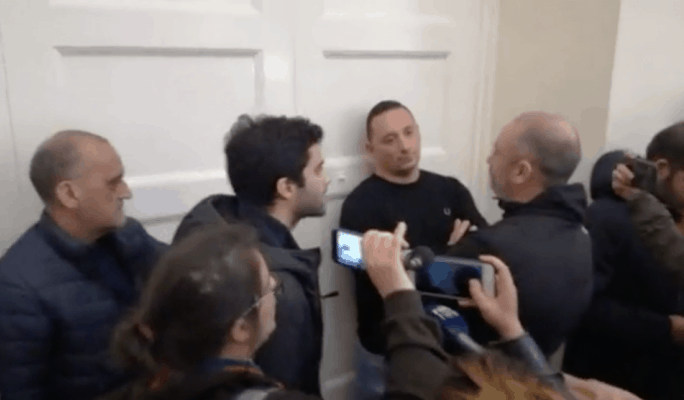
The police prosecuted three thugs who in November last year blocked dozens of journalists in the Ambassadors’ Room of Castille, preventing them from doing the job the world expected them to: ask tough questions to Joseph Muscat.
That night the country rightly expected him to resign. The press waited outside Castille since about noon that day as rumours of an emergency Cabinet meeting spread. At length, the meeting was called for 8 pm. Minutes later Keith Schembri was released from arrest.
The meeting dragged on until 3 am. The fate of the country was being decided as protesters gathered outside. The country had reached a profound crisis. The prime minister’s chief of staff had spent the night under arrest. The energy minister, Joseph Muscat’s political darling, had resigned.
Then after all the waiting, Joseph Muscat delivered a press conference of a few words. ‘We met to discuss a request from Yorgen Fenech for a pardon. We agreed to reject his request. Good night.’
And out he walked with the rest of his cabinet, doors locked behind him.
‘Prime Minister, will you resign?’ He wasn’t in the room long enough to hear the question.
Then these gorillas came from nowhere and held up journalists to give the prime minister time to slip away from the scene, to escape his own office like a common thief.
Today’s decision to acquit those gorillas is an outrage, not so much because they got away without punishment but because Magistrate Joe Mifsud, through piles of irrelevant citations and mountains of immaterial precedent, gave the government the license to lock up journalists whenever they ask questions the government does not want to be asked.
I wasn’t in that room that night. But I too was a victim of that unlawful arrest because in denying those journalists the possibility of asking an important question, those thugs denied me the right to the answer. As such then I turn to the police and insist they give the magistrate notice that they want this case appealed.
Then, like as not, it will go in front of Judge Consuelo Scerri Herrera. We’ll cross that bridge when.